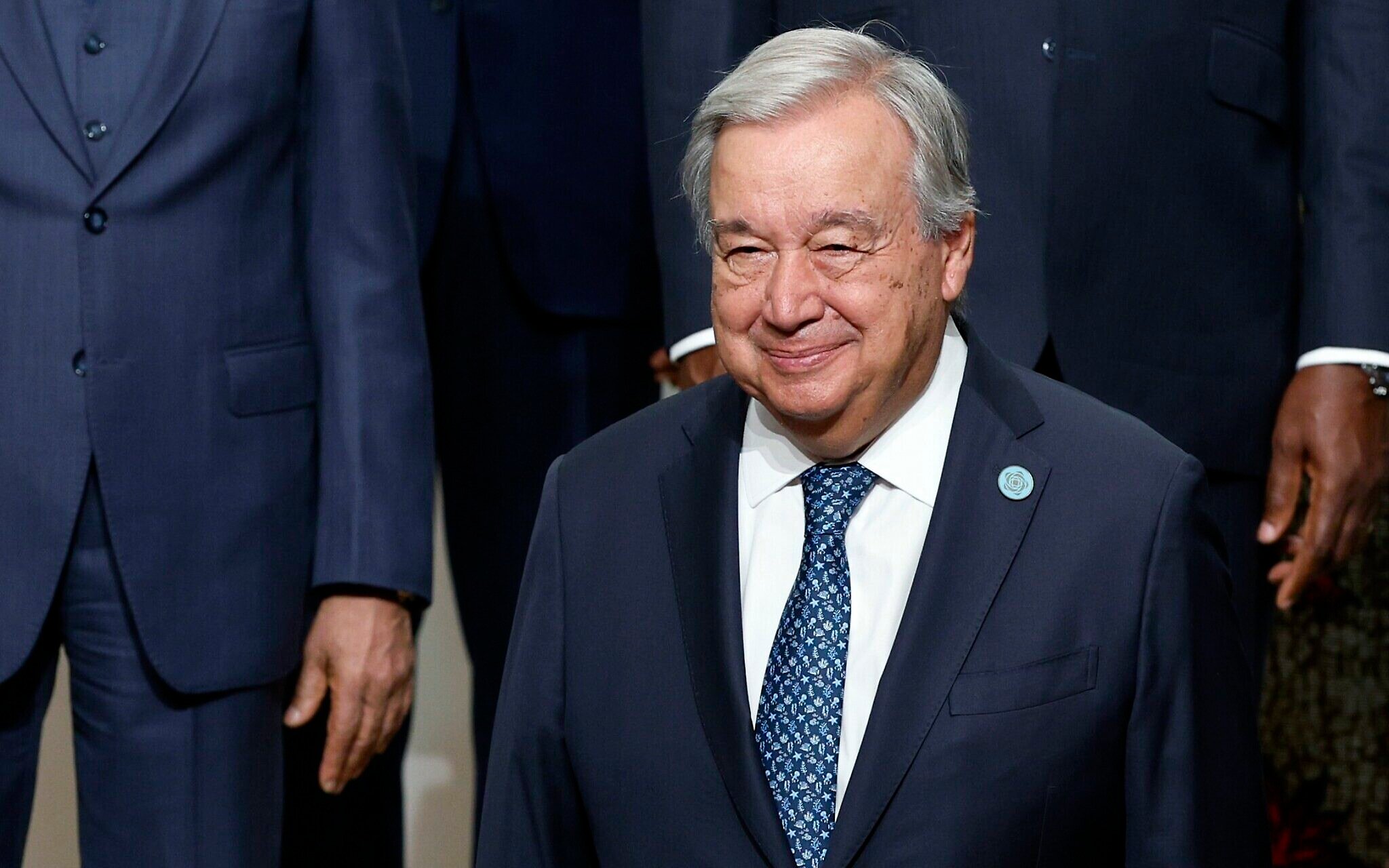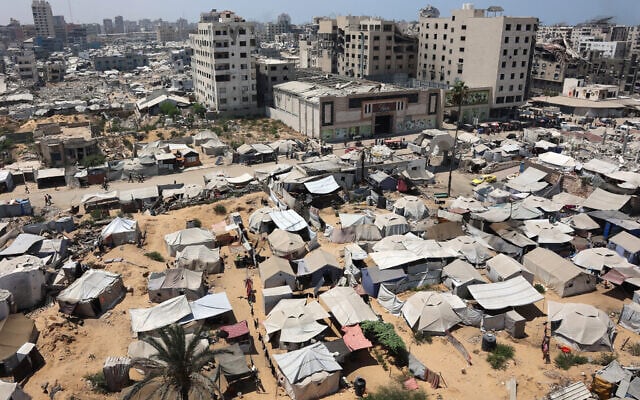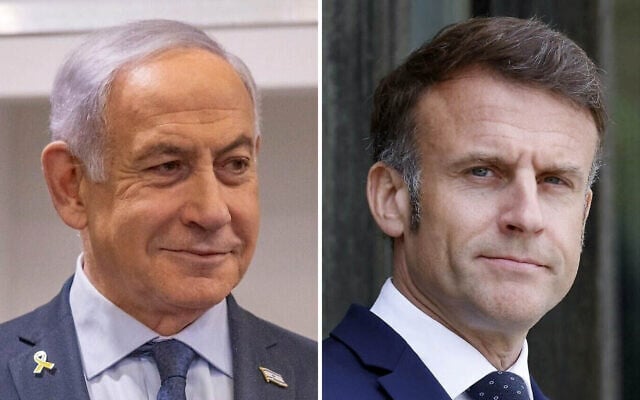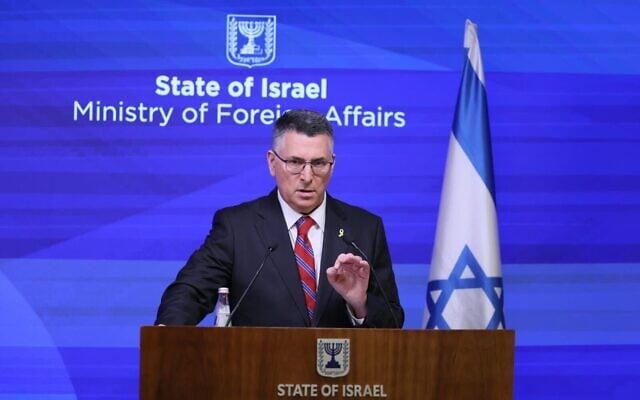


United Nations Secretary-General Antonio Guterres called Thursday for an immediate ceasefire in Gaza after Israel launched the first steps of an operation to take over Gaza City, as well as announcing a plan to combat increasing international isolation.
“It is vital to reach immediately a ceasefire in Gaza” in order “to avoid the death and destruction that a military operation against Gaza City would inevitably cause,” Guterres said in Japan, where he was attending the Tokyo International Conference on African Development.
Guterres called for the unconditional release of the 50 hostages held by Hamas, the majority of whom are dead.
Israel, which has called up tens of thousands of army reservists, is pressing ahead with its plan to seize Gaza’s biggest urban center despite international criticism of an operation likely to force the displacement of many more Palestinians, and despite concerns by top security officials that it could endanger the hostages.
Israel currently holds about 75 percent of the Gaza Strip.
Guterres also urged Israel to reverse a decision to expand “illegal” settlement construction in the West Bank. Israel has authorized the construction of settlement housing units in the sensitive E1 area east of Jerusalem, with the stated goal of thwarting the future creation of a Palestinian state.
On Wednesday, Hamas claimed the plan to conquer Gaza City showed Israel’s “blatant disregard” for efforts to broker a ceasefire and hostage release deal in the nearly two-year conflict.
The terror group recently said it accepted a proposal for a 60-day ceasefire and a hostages-for-prisoners exchange. Israel is weighing the offer.
French President Emmanuel Macron said the planned offensive in Gaza could “only lead to disaster for both peoples” and called instead for a permanent ceasefire, a hostage release deal, disarmament of Hamas and an “international stabilization mission” for the Strip.
In a post on X Wednesday, Macron said he had spoken with Jordan’s King Abdullah II and Egyptian President Abdel-Fattah el-Sissi and the three leaders share the conviction that expanded Israeli action in Gaza, due to begin with the conquest of Gaza City, “risks plunging the entire region into a cycle of permanent war.”
Outlining a roadmap, Macron said the only credible path forward included disarming Hamas, strengthening the Palestinian Authority’s role in Gaza, and delivering “large-scale” humanitarian aid. He added that France, alongside Egypt, Jordan and “all our regional and international partners,” supports deploying an “international stabilization mission” in Gaza and advancing a political solution that meets “the aspirations of both peoples, Israeli and Palestinian.”
Earlier this month, Prime Minister Benjamin Netanyahu repeated his conviction that Israel cannot hand control of Gaza to the Palestinian Authority after the war.
The remarks came amid sharp tensions between Paris and Jerusalem, and between their two leaders. On Tuesday, Netanyahu accused Macron of fueling antisemitism by announcing France’s plan to recognize a Palestinian state in September, an announcement that was followed by several other countries saying they would do the same.
In a letter to the French premier, Netanyahu charged that the move “rewards Hamas terror, hardens Hamas’s refusal to free the hostages, emboldens those who menace French Jews, and encourages the Jew-hatred now stalking your streets.”
Jordan’s foreign minister said Wednesday that Israel’s policies in the war against Hamas in Gaza had caused “massacres and starvation” and that its wider actions were “killing all prospects” for peace in the Middle East.
Addressing Russian counterpart Sergei Lavrov at a meeting in Moscow, Jordanian Foreign Minister Ayman Safadi said he hoped to discuss “efforts to end the aggression on Gaza, and the massacres and starvation that it is creating.”
This is in addition to the “illegal measures that continue to undermine the two-state solution and kill all prospects for peace in the region,” he added.
The German government similarly said it “rejects the escalation” of the Gaza campaign, with government spokesman Steffen Meyer telling reporters it is “increasingly difficult to understand how these actions will lead to the freeing of all the hostages, or to a ceasefire.”
Amid the mounting global condemnation, the Foreign Ministry announced Thursday an “unprecedented” initiative to host hundreds of foreign delegations before the end of the year, “to help spread the Israeli narrative in international media.”
“As part of the battle of perception against the global anti-Israel narrative,” the ministry said in a statement, “by the end of December, around 400 delegations with more than 5,000 participants are expected to arrive in Israel to help spread the Israeli narrative in international media and among global audiences.”
For comparison, the ministry said it had brought an average of just 25 delegations annually in previous years.
The plan allocates a budget of roughly NIS 135 million (about $40 million), part of a broader NIS 545 million ($163 million) budget for public diplomacy efforts announced by Foreign Minister Gideon Sa’ar late last year. While no comprehensive spending plan has been made public, officials noted the budget was later reduced to NIS 543 million and only released in April, delaying the rollout of programs until then. They stressed that a major share of the effort would go toward bringing delegations to Israel in order to bypass official diplomatic channels and reach foreign publics directly, primarily through media exposure.
According to the statement, the delegations were set to include government officials, legislators, journalists, influencers, academics, and figures from the legal, religious, cultural and sports worlds. Each group will receive “a tailor-made” itinerary designed around their background and influence. Activities are set to include tours of southern communities hit by Hamas’s October 7 invasion and massacre, meetings with survivors, and screenings of footage from the attack, as well as visits to Jerusalem, the north, and sit-downs with senior Israeli officials.
The ministry listed several upcoming delegations, largely arriving from the United States, including a large contingent of 250 US state legislators, a delegation of 1,000 pastors and religious leaders from across four US regions, and 160 representatives from all 16 German federal states. Journalists from Europe, Asia, Africa and Latin America were now arriving “almost weekly,” the ministry added.
The war was sparked by Hamas’s October 7 onslaught, in which some 1,200 people were killed in Israel and 251 were taken hostage to the Strip.
The Hamas-run Gaza health ministry says more than 62,000 people in the Strip have been killed or are presumed dead in the fighting so far, though the toll cannot be verified and does not differentiate between civilians and fighters. Israel says it had killed over 22,000 combatants in battle as of August and another 1,600 terrorists inside Israel during and immediately after the October 7 onslaught.
Israel has said it seeks to minimize civilian fatalities and stresses that Hamas uses Gaza’s civilians as human shields, fighting from civilian areas including homes, hospitals, schools and mosques.
Israel’s toll in the ground offensive against Hamas in Gaza and in military operations along the border with the Strip stands at 459.




